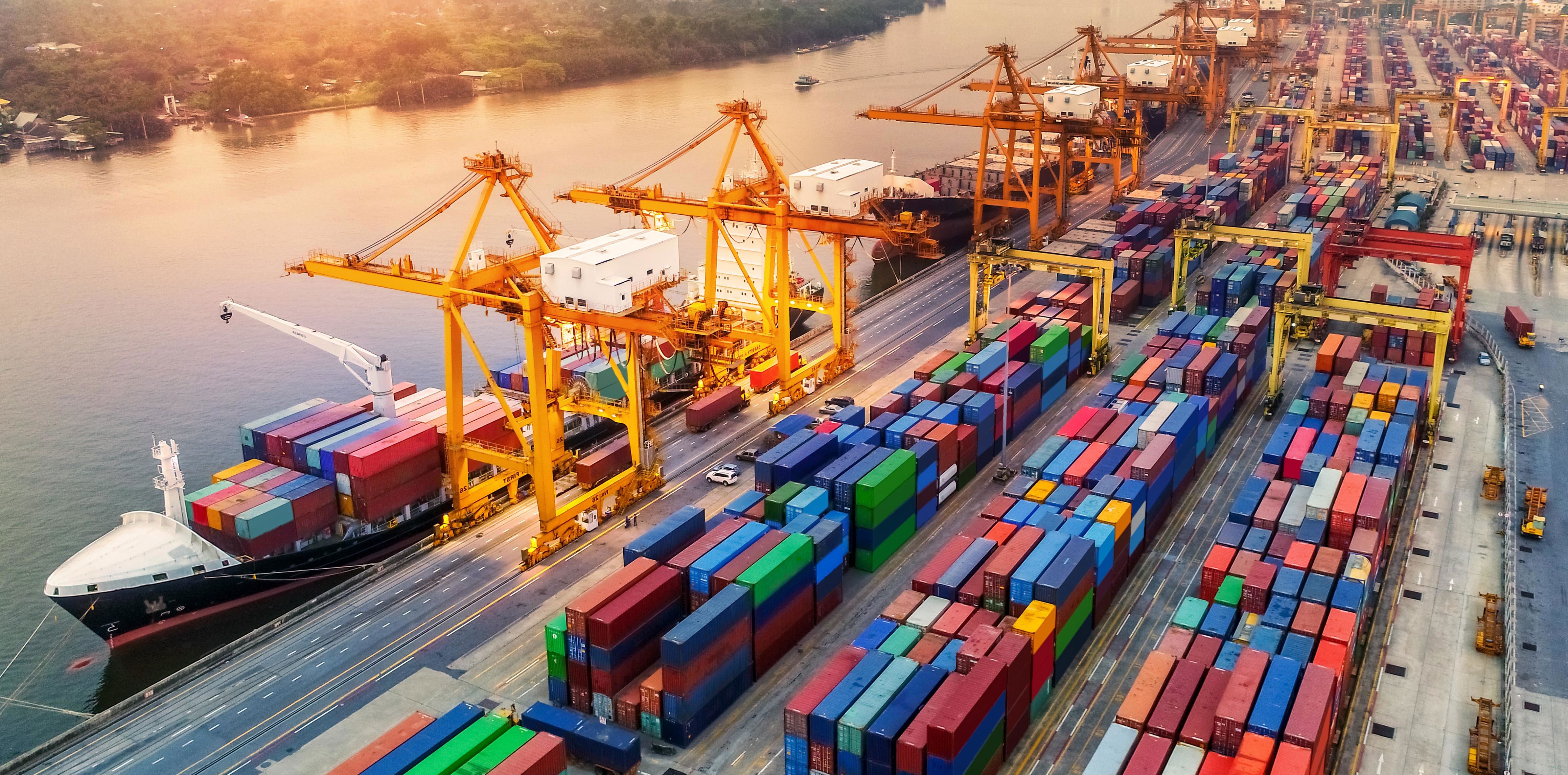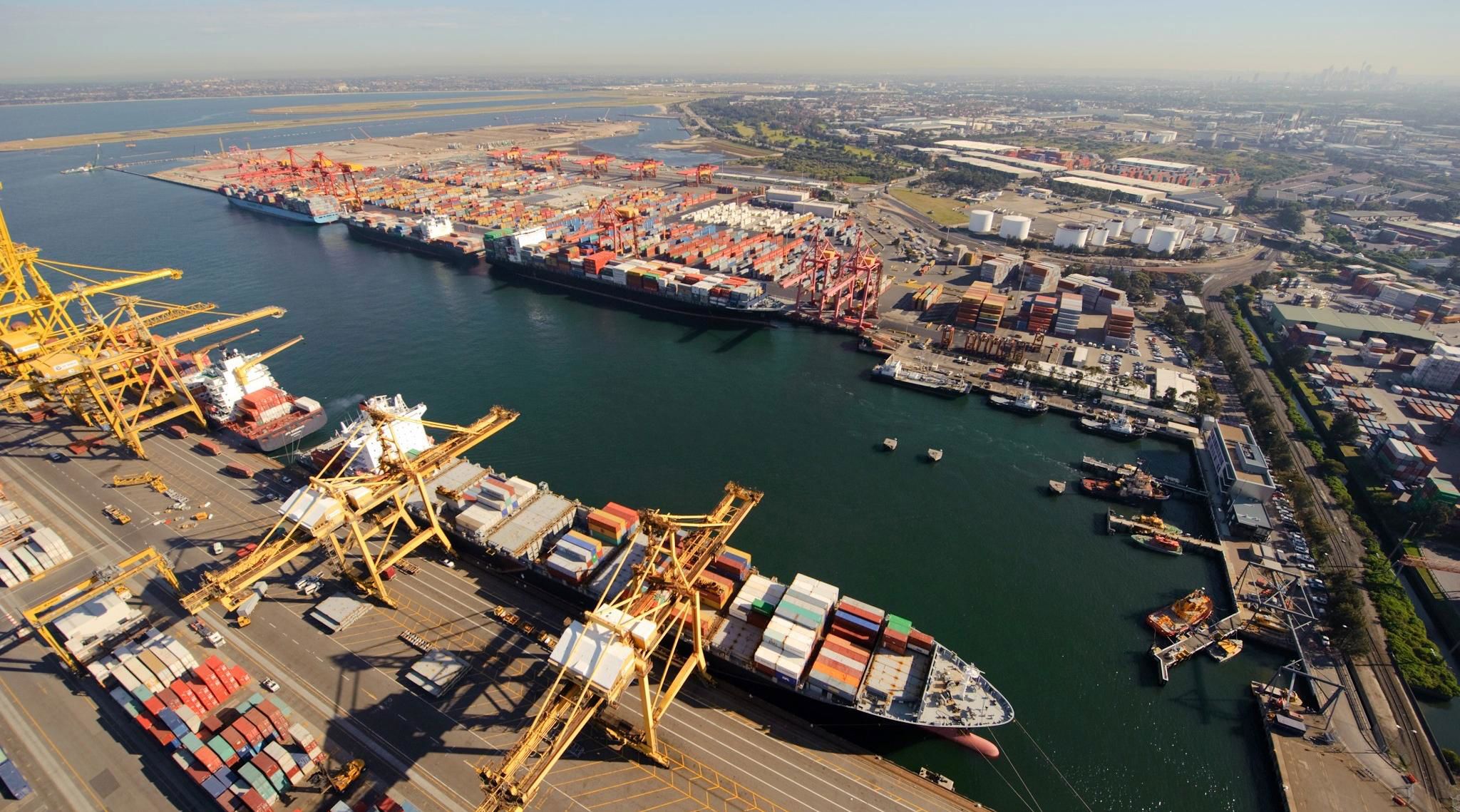
Macquarie Asset Management targets lower emissions across critical infrastructure
Science-based approach to decarbonising assets
The Macquarie Asset Management Australian Infrastructure Platform is pursuing emissions reductions and improved energy efficiency across its Australian infrastructure platform.
$100m
CEFC investment
Net zero
Scope 1 and 2 emissions by 2040
Improved
energy efficiency
Our work with the CEFC will assist our assets to identify and achieve meaningful emissions reduction on a day to day basis, as well as improving operational performance and enhancing the services these businesses can provide.Kieran ZubrinichExecutive Director, Macquarie Asset Management
Our investment
The CEFC is investing $100 million into the Macquarie Asset Management Australian Infrastructure Platform to further support decarbonisation in the infrastructure sector.
Macquarie Asset Management, one of the world’s leading alternate asset managers, is targeting lower carbon emissions at assets in sectors including airports, electricity, port, rail and water.
Macquarie Asset management is managing its Australian infrastructure portfolio in line with a target of net zero emissions by 2040.
our impact
The challenge of infrastructure decarbonisation
Australia’s infrastructure sector, which delivers a range of critical services across the economy, also plays a role in producing some 70 per cent of our national greenhouse gas emissions, according to analysis from Climateworks Centre.
Efficient, rapid and wide-scale decarbonisation of the infrastructure sector requires active collaboration between asset owners and infrastructure users, together with industry bodies.
Using best practice measures to reduce emissions
As part of the CEFC investment, Macquarie Asset Management is implementing emissions reduction standards across the portfolio, including those which reflect global best practice measures identified in Science Based Targets.
The program is targeting a broad range of low emissions initiatives across multiple assets, including:
- The installation of solar PV and batteries at airports, offices, warehouses, depot facilities and at wireless communications infrastructure sites aim to cut emissions as well as customer energy costs.
- Building efficiency upgrades, including energy efficient lighting, demand management across heating, ventilation and cooling machinery and the replacement of hot water tanks.
- Upgrades to efficient baggage handling systems and the provision of fixed ground power and pre-conditioned air at airports, alongside the replacement of vehicle fleets with electric vehicles at transport, distribution assets and airports.





